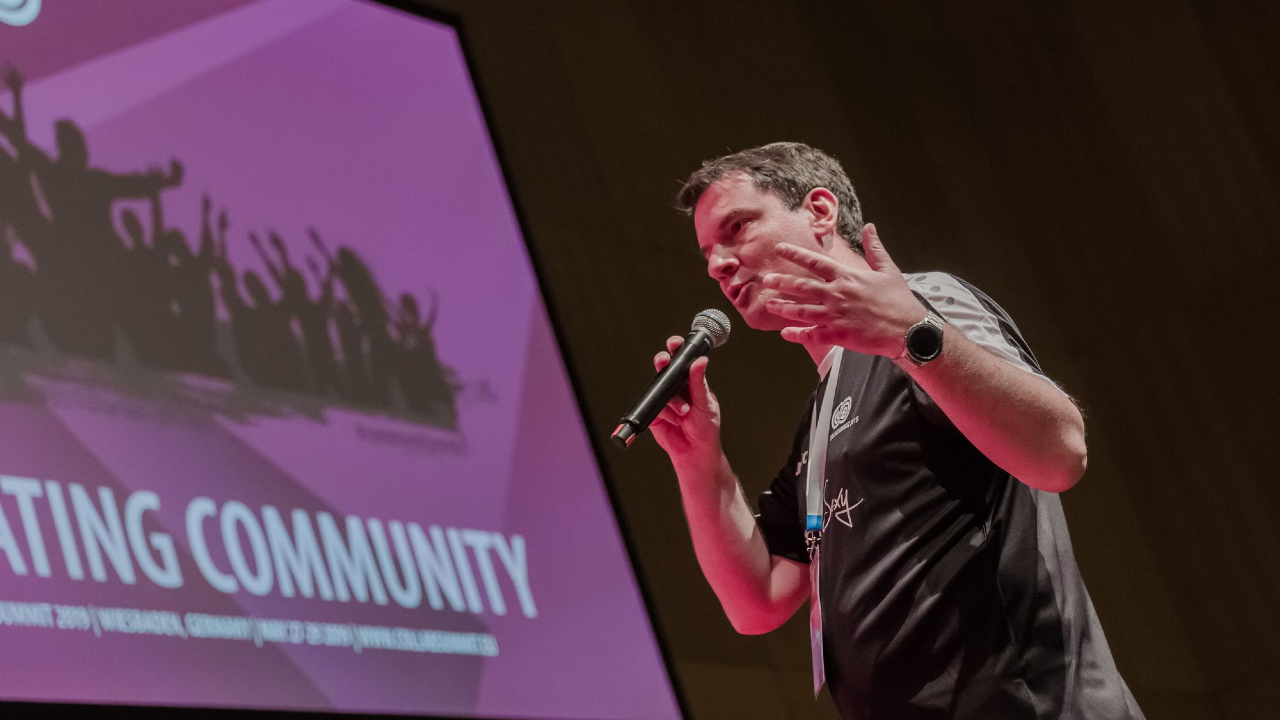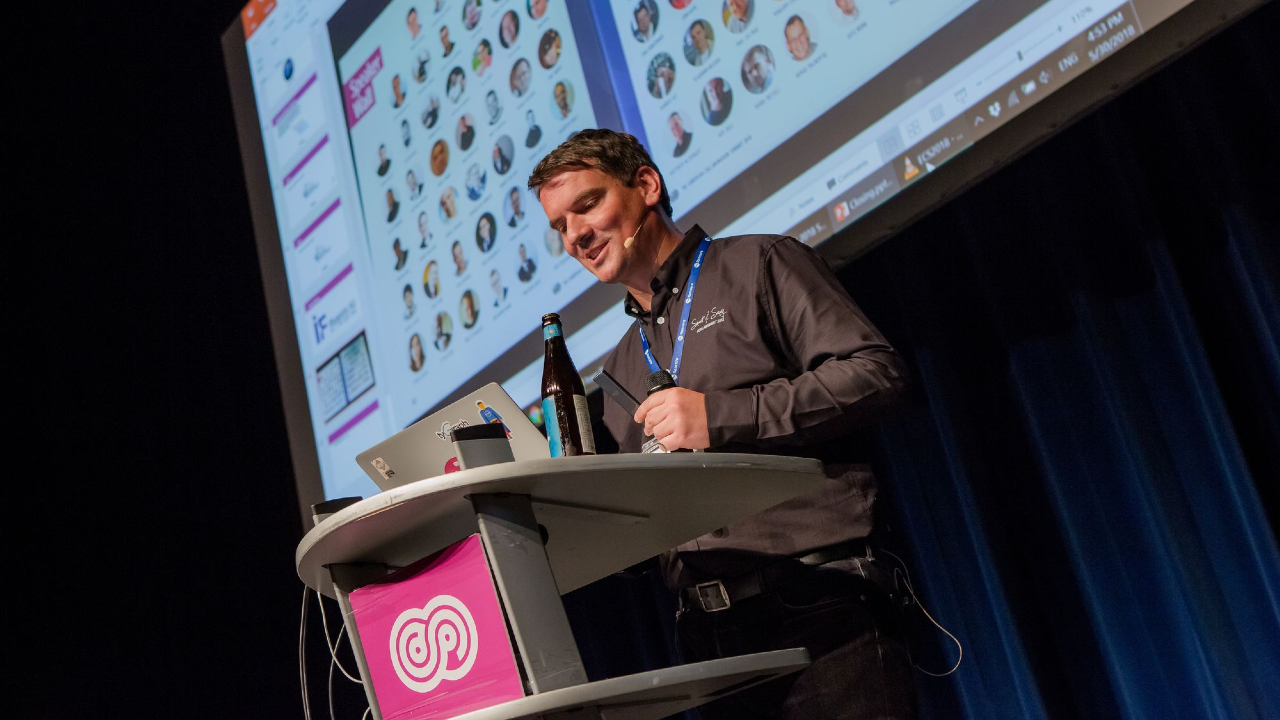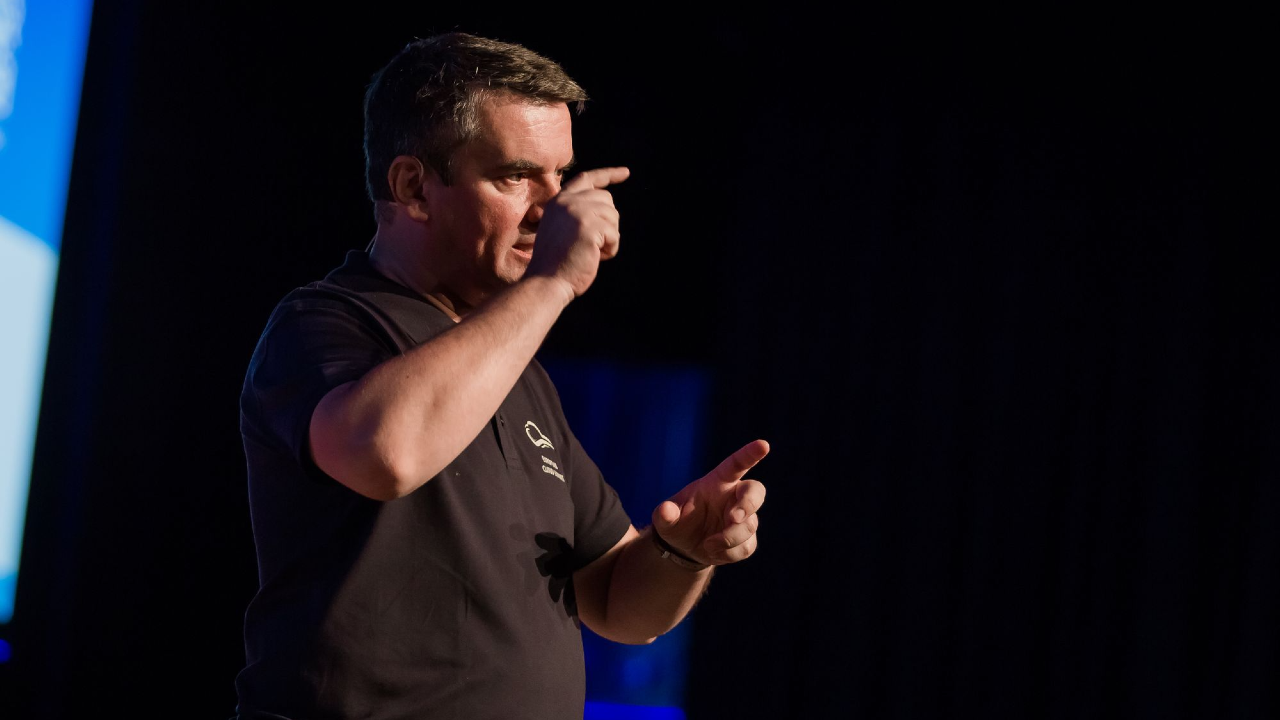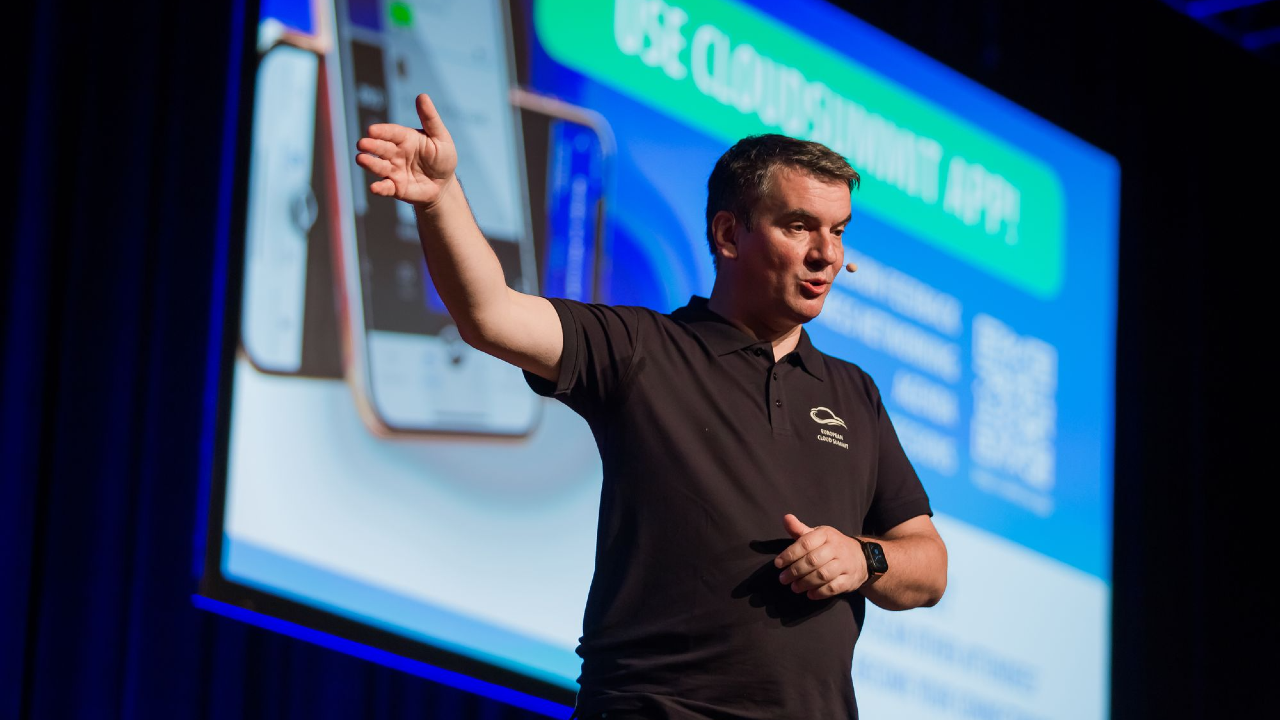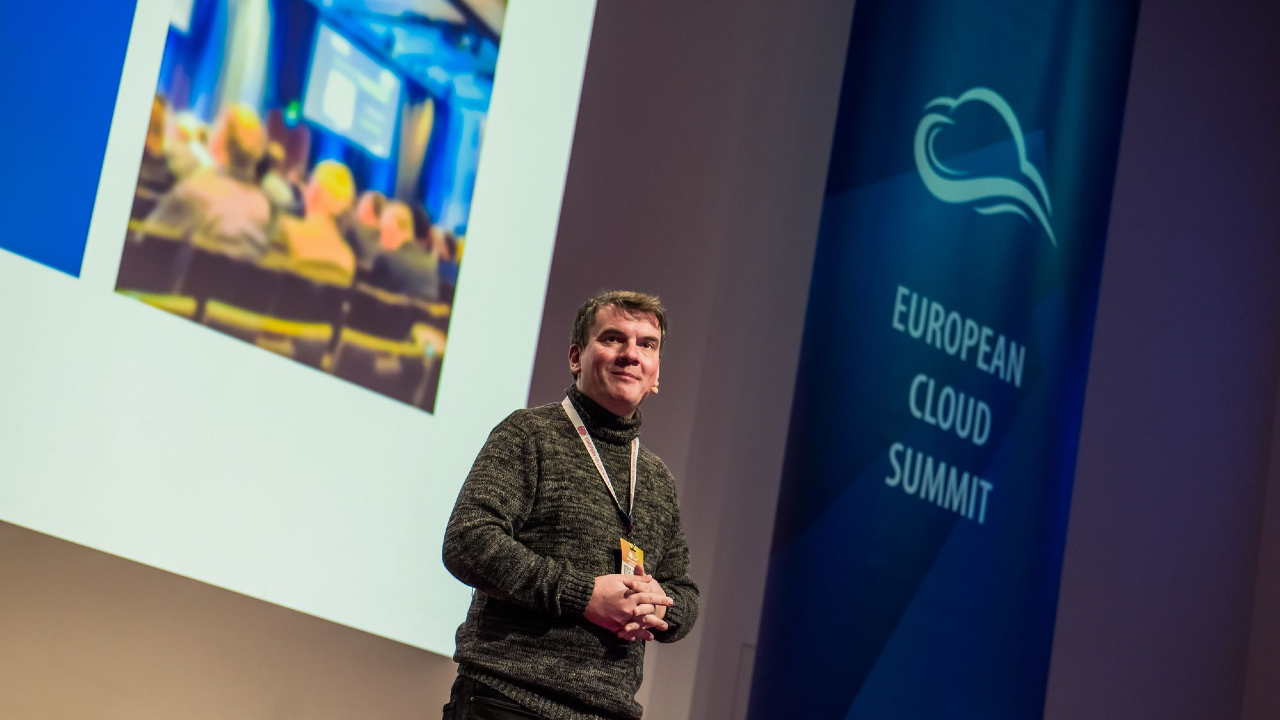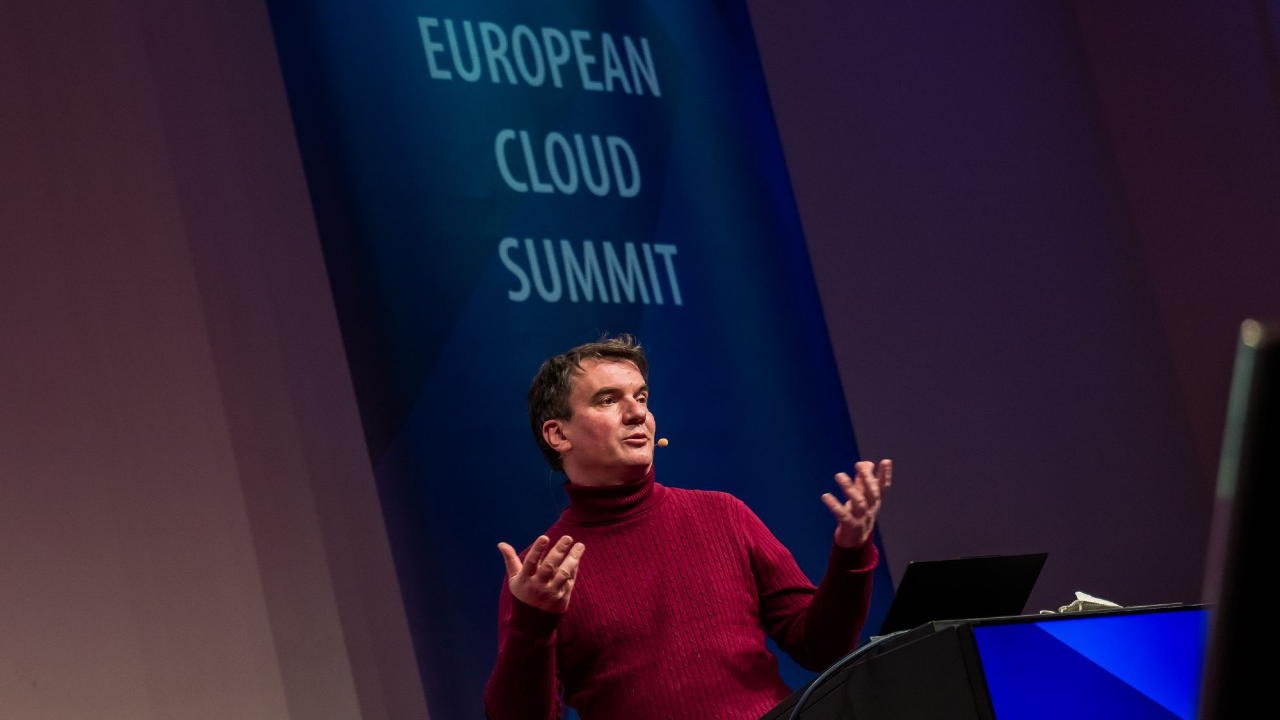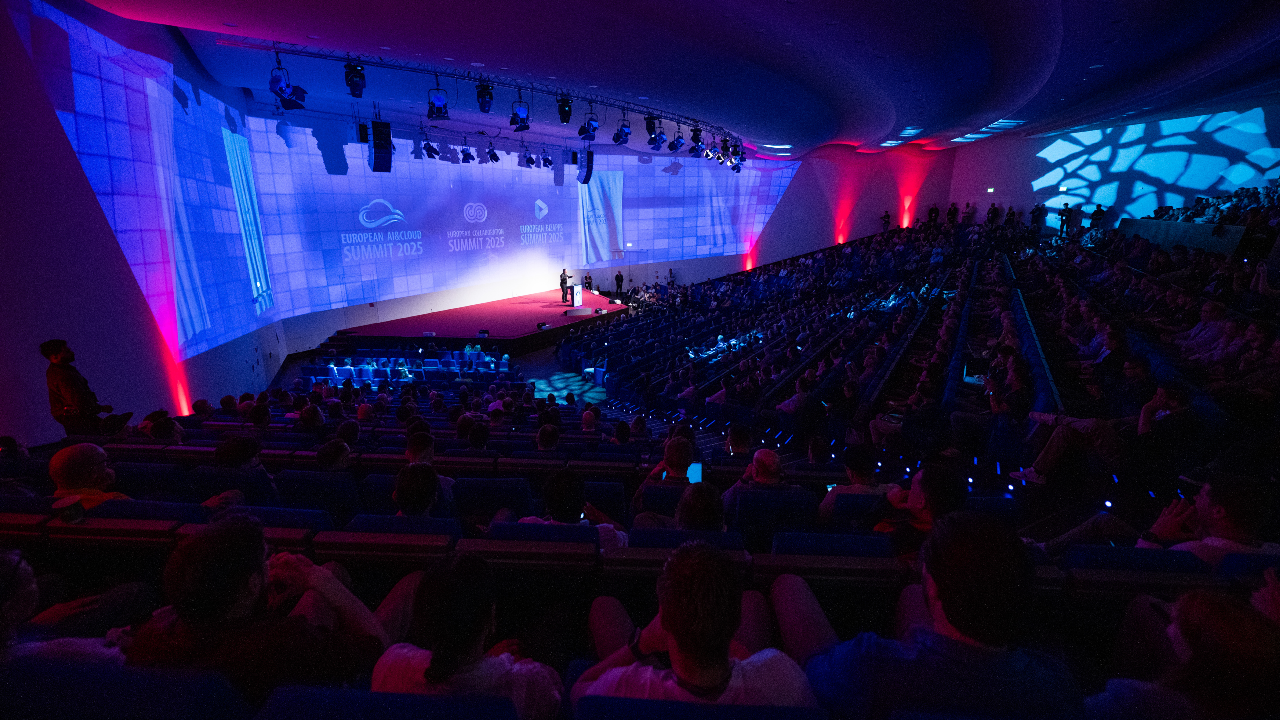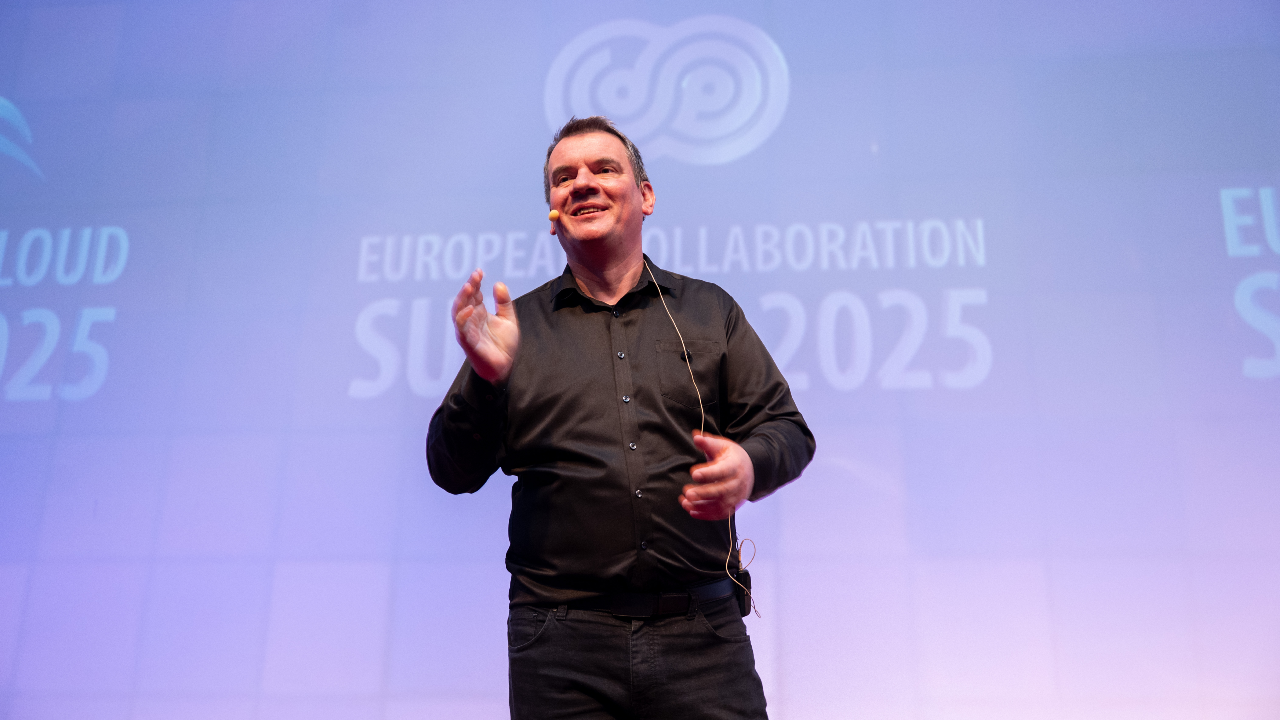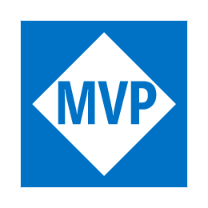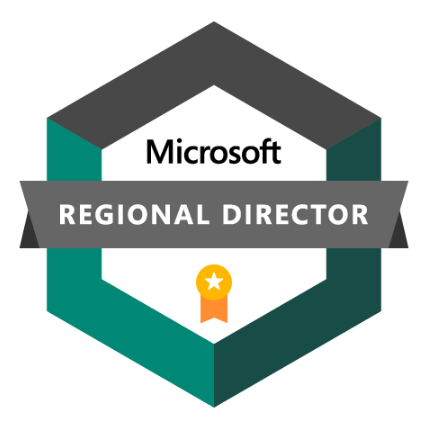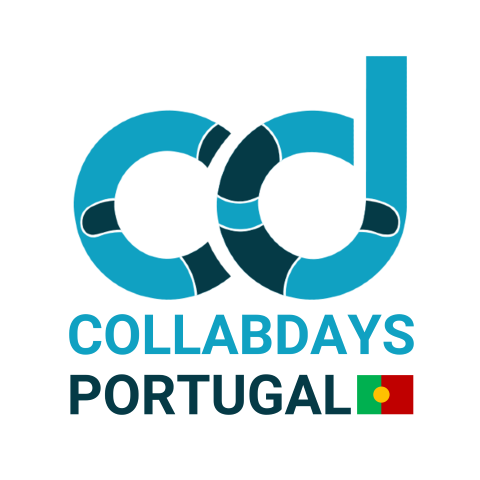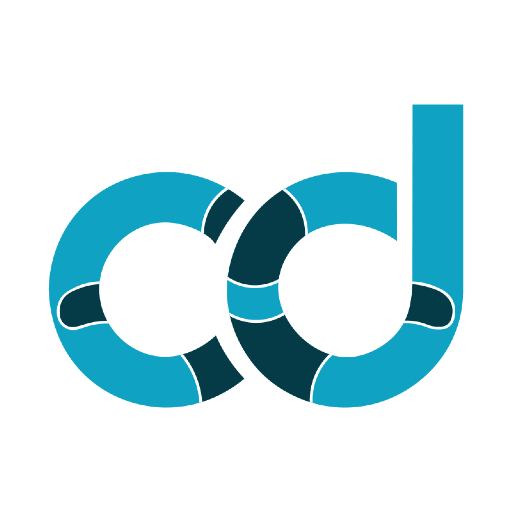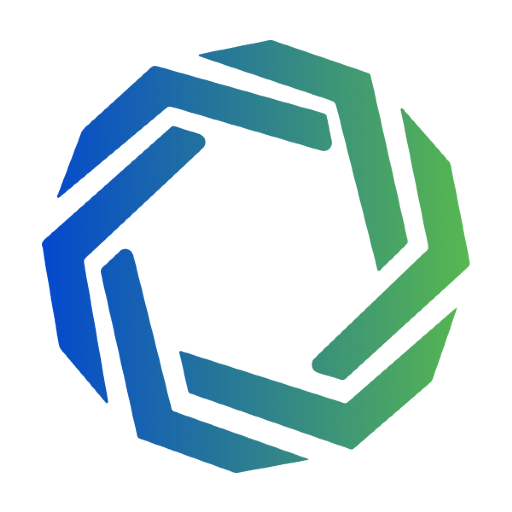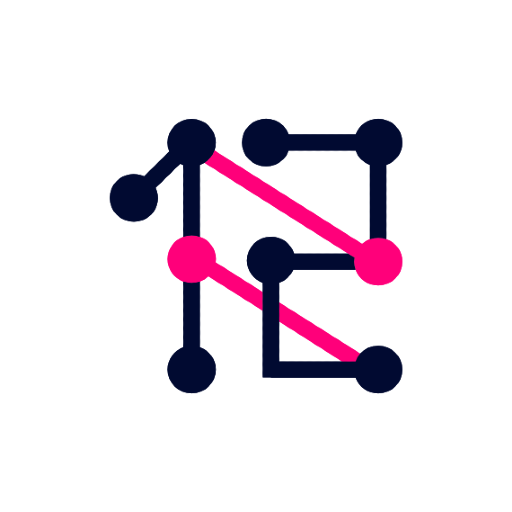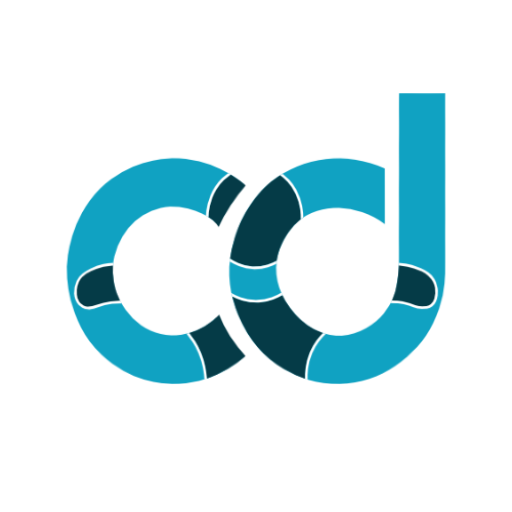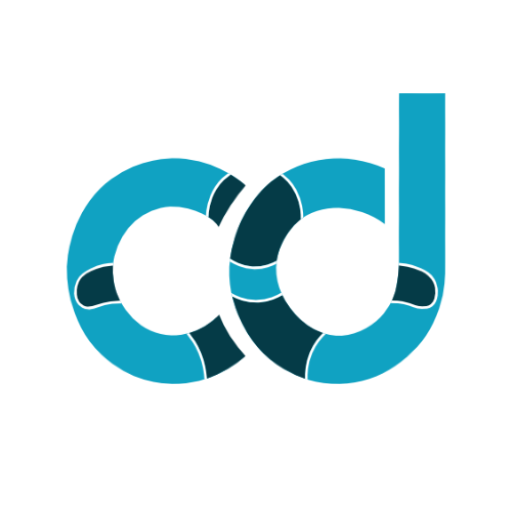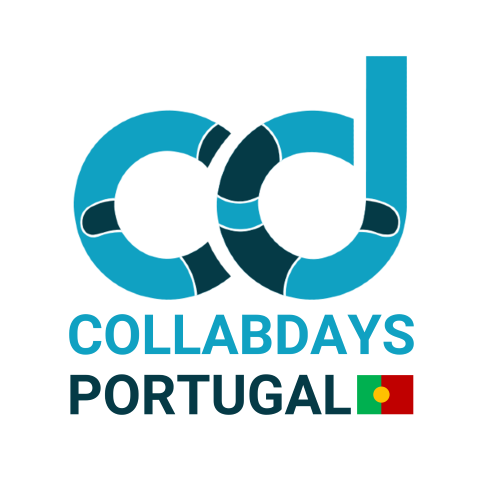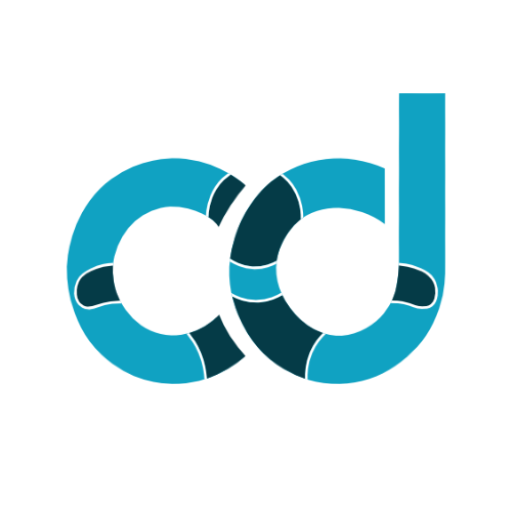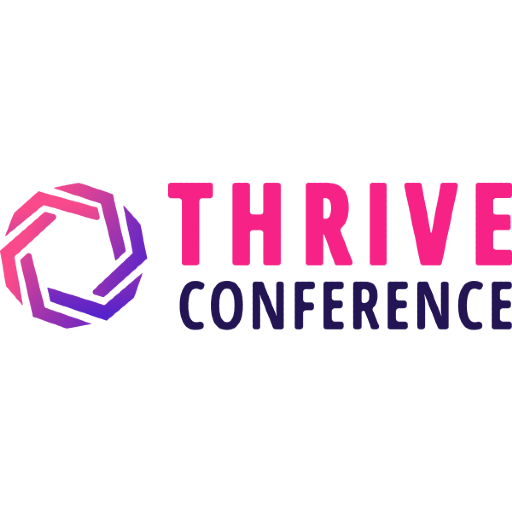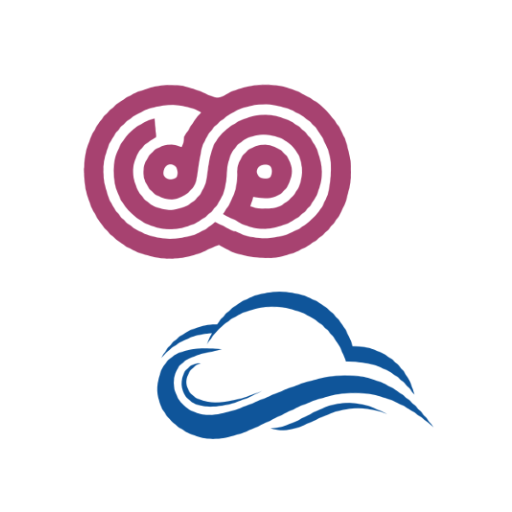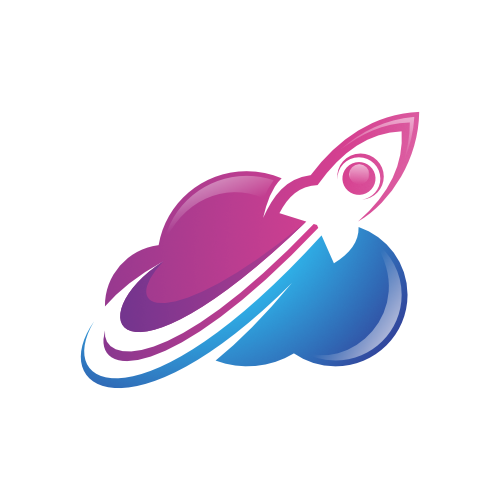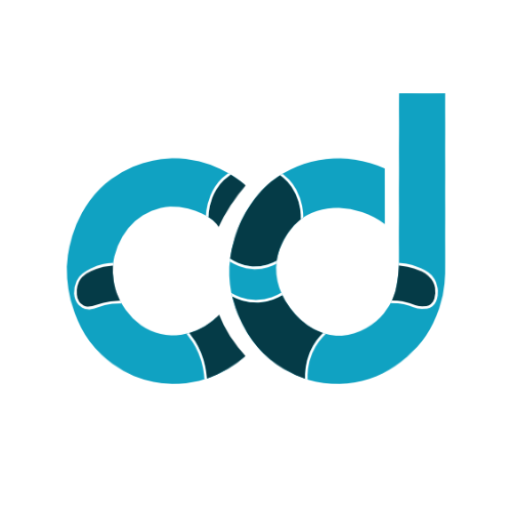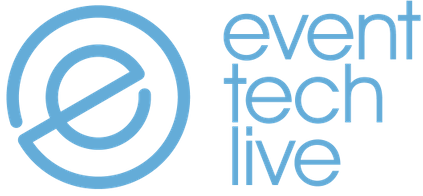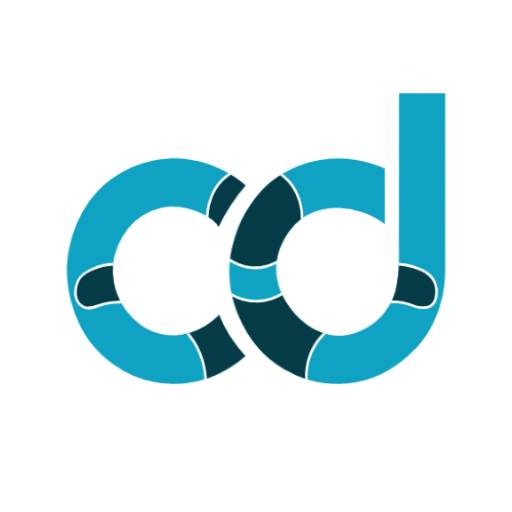12. MSCommunity BiH Konferencija
14/04/2025, Garden City Hotel Konjic
Konjic, Bosnia and Herzegovina
Help, I am a .NET Developer and I Want to Learn AI. Where Do I Start?
ai
artificial-intelligence
openai
sematic-kernel
This session is designed specifically for .NET developers looking to transition into the dynamic world of artificial intelligence. We’ll explore the current state of AI development, clarify key concepts, and provide actionable guidance to help you kickstart your AI journey. Whether you're curious about leveraging existing AI models or building custom solutions, this session offers a comprehensive introduction tailored to your .NET background.
What You Will Learn:
AI Development Today:
Gain an overview of the modern AI landscape, including the current trends, tools, and methodologies that are shaping how developers build intelligent systems. Understand the interplay between traditional software development and AI, and learn how AI is transforming business and technology.
Introduction to Semantic Kernel:
Discover the Semantic Kernel framework and how it integrates with your .NET environment. We’ll dive into its architecture, use cases, and how it facilitates the creation of AI applications by bridging semantic understanding with conventional programming paradigms.
Large Proprietary Models vs. Self-Hosted Models:
Examine the benefits and limitations of large, proprietary AI models compared to self-hosted alternatives. Learn about the trade-offs in terms of performance, cost, privacy, and control, and find out which approach might be best suited for your projects.
Different Model Types and Capacities:
Explore the diverse range of AI models available today—from language models to vision and multimodal systems. Understand their capacities, how they differ in terms of scale and functionality, and what that means for real-world applications.
Extending Models with Custom Data:
Learn how to enhance existing models by integrating your own data. This segment covers practical techniques for fine-tuning, customizing, and extending AI models to better meet your specific business or development needs.
Real-Life Examples with run.events:
See theory in action with practical, real-world examples using run.events. This hands-on portion will demonstrate how AI can be applied to create innovative solutions, showcasing end-to-end examples that connect AI insights with event-driven development.
Who Should Attend:
.NET developers at all levels who are curious about AI and looking for a clear, practical path to integrate AI capabilities into their development toolkit. Whether you’re a beginner or have some experience with AI, you’ll find valuable insights and resources to help you start your journey..
